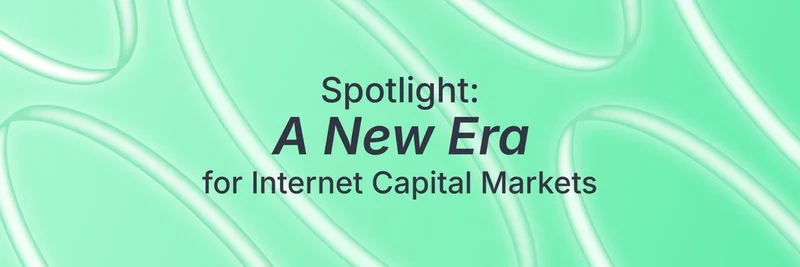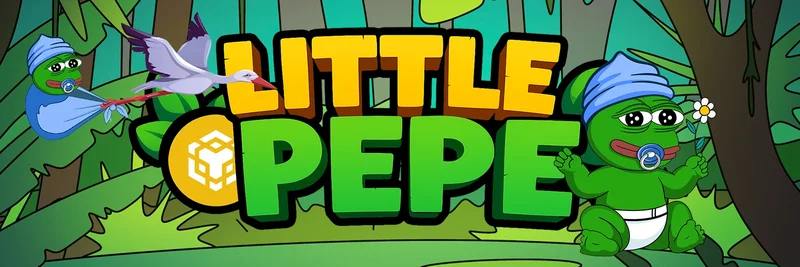In the fast-paced world of cryptocurrency, where hype often drives prices more than fundamentals, Zcash ($ZEC) is carving out a different path. A recent tweet from Mert, CEO of Helius Labs, highlights something crucial that's flying under the radar: unlike many "vapor coins" that pump on empty promises, Zcash's price action is actually attracting real talent to the ecosystem.
Mert shared his thoughts while quoting Sean Bowe, a Zcash developer: "what people are sleeping on here is that unlike the literal vapor coins in front of it, this price action is attracting real cryptography, engineering, and product talent to the chain. work on scalability, wallet UX, miner hardware etc is all taking place. privacy will win."
Let's break this down. Zcash, for those new to it, is a privacy-focused cryptocurrency that uses advanced cryptography called zero-knowledge proofs (zk-SNARKs) to allow transactions that are completely private—meaning you can send or receive funds without revealing amounts, senders, or receivers on the public blockchain. This is a big deal in a space where most blockchains like Bitcoin or Ethereum are transparent by default, which can be a privacy nightmare.
Sean's original post celebrates Zcash's ability to hire top-tier talent, noting that they've just onboarded two more cryptographic engineers for Tachyon, with more on the way. This isn't just talk; Zcash has long been respected for its cryptographic foundations, drawing from world-renowned experts. Now, with the token's price climbing—likely due to renewed interest in privacy amid regulatory scrutiny and data breaches—the project has the resources to expand aggressively.
Why does this matter for meme token enthusiasts? Well, meme coins often thrive on community and virality, but they're increasingly intersecting with real tech. Think about how privacy features could supercharge meme ecosystems—imagine anonymous airdrops, shielded DAO treasuries, or private trading bots that keep your strategies hidden. Projects like Zcash are paving the way for these innovations, and as talent floods in, we could see spillover effects into the meme space. For instance, Solana-based memes might integrate Zcash-inspired privacy layers to protect users from front-running or doxxing.
The buzz isn't isolated. Replies to Mert's tweet echo the sentiment: one user points out high interest rates on Binance for $ZEC borrowing, suggesting exchanges are scrambling for supply. Another predicts a hackathon will yield groundbreaking apps. Even skeptics acknowledge the momentum, though some question the branding— "ZCash" does sound a bit niche, but hey, in crypto, utility trumps names (looking at you, Dogecoin).
From a broader perspective, this talent influx signals a maturing market. Scalability work could mean faster, cheaper private transactions, while better wallet UX (user experience) makes privacy accessible to non-techies—no more clunky interfaces scaring away newcomers. Miner hardware advancements? That's about making the network more efficient and decentralized, reducing reliance on big players.
As someone who's covered crypto highs and lows, I see this as a bullish indicator not just for Zcash, but for privacy as a core blockchain pillar. In an era of surveillance capitalism, tools that empower user sovereignty will win big. If you're into meme tokens, keep an eye on how privacy tech evolves—it could be the next narrative that sends your favorites mooning.
For more insights on how emerging tech like this influences meme ecosystems, check out our knowledge base on meme-insider.com. What's your take on privacy in crypto? Drop a comment below!




